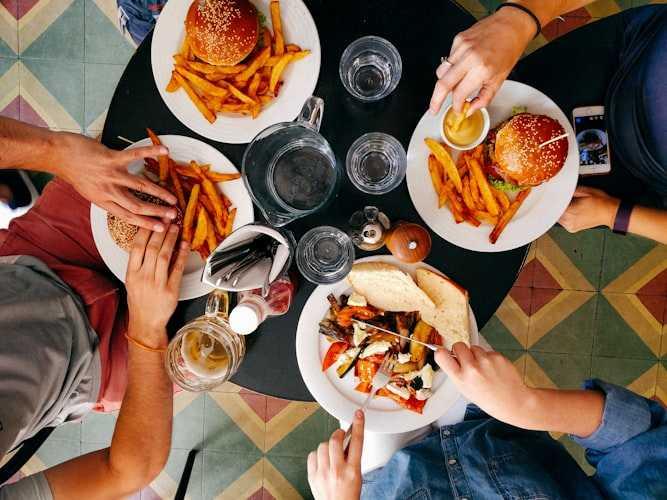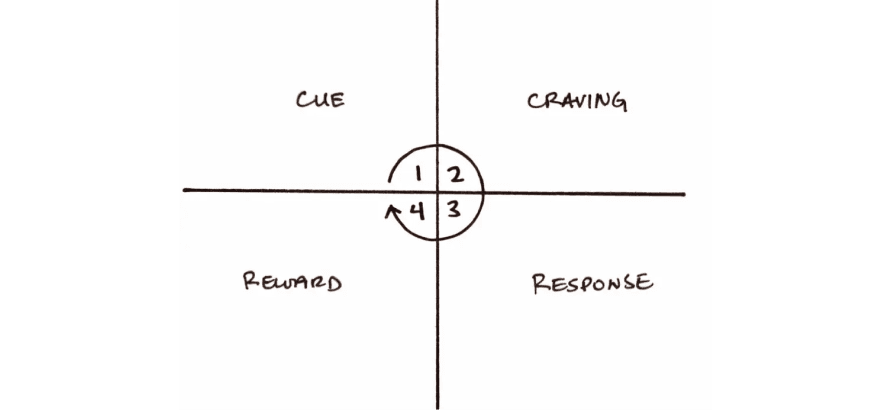Explore Alternatives
Once you have a clear breakdown of what's happening at each stage of your habit loop, brainstorm healthier routines that will produce the results you want.
Create a list of options of alternatives that might provide comparable reward to the one you are trying to eliminate. Focus on new routines that will help you decompress after a stressful day (the cue) and leave you in a positive frame of mind to get freelance work done (reward).
472
863 reads
CURATED FROM
IDEAS CURATED BY
The idea is part of this collection:
Learn more about personaldevelopment with this collection
How to overcome fear of rejection
How to embrace vulnerability
Why vulnerability is important for personal growth
Related collections
Similar ideas to Explore Alternatives
How Habits Work
A habit - a mini-system that once you create, becomes automatic to your body, with minimal interference from the brain.
The Habit Loop is a breakdown of a habit put it into three sections:
- Cue: A certain trigger that awakens the habit
- Routine: The action you perform witho...
How to CHANGE your habits
To understand your own habits, you need to identify the components of your habit loops. Once you’ve diagnosed the habit loop of a particular behaviour, you can look for ways to supplant old vices with new routines.
There are four steps to doing this:
1. Identify the rout...
The Habit Loop
Each habit can be deconstructed in these 4 steps:
- The cue (smell of coffee) triggers a craving (I want coffee)
- which motivates a response (Buy coffee)
- which provides a reward ...
Read & Learn
20x Faster
without
deepstash
with
deepstash
with
deepstash
Personalized microlearning
—
100+ Learning Journeys
—
Access to 200,000+ ideas
—
Access to the mobile app
—
Unlimited idea saving
—
—
Unlimited history
—
—
Unlimited listening to ideas
—
—
Downloading & offline access
—
—
Supercharge your mind with one idea per day
Enter your email and spend 1 minute every day to learn something new.
I agree to receive email updates


